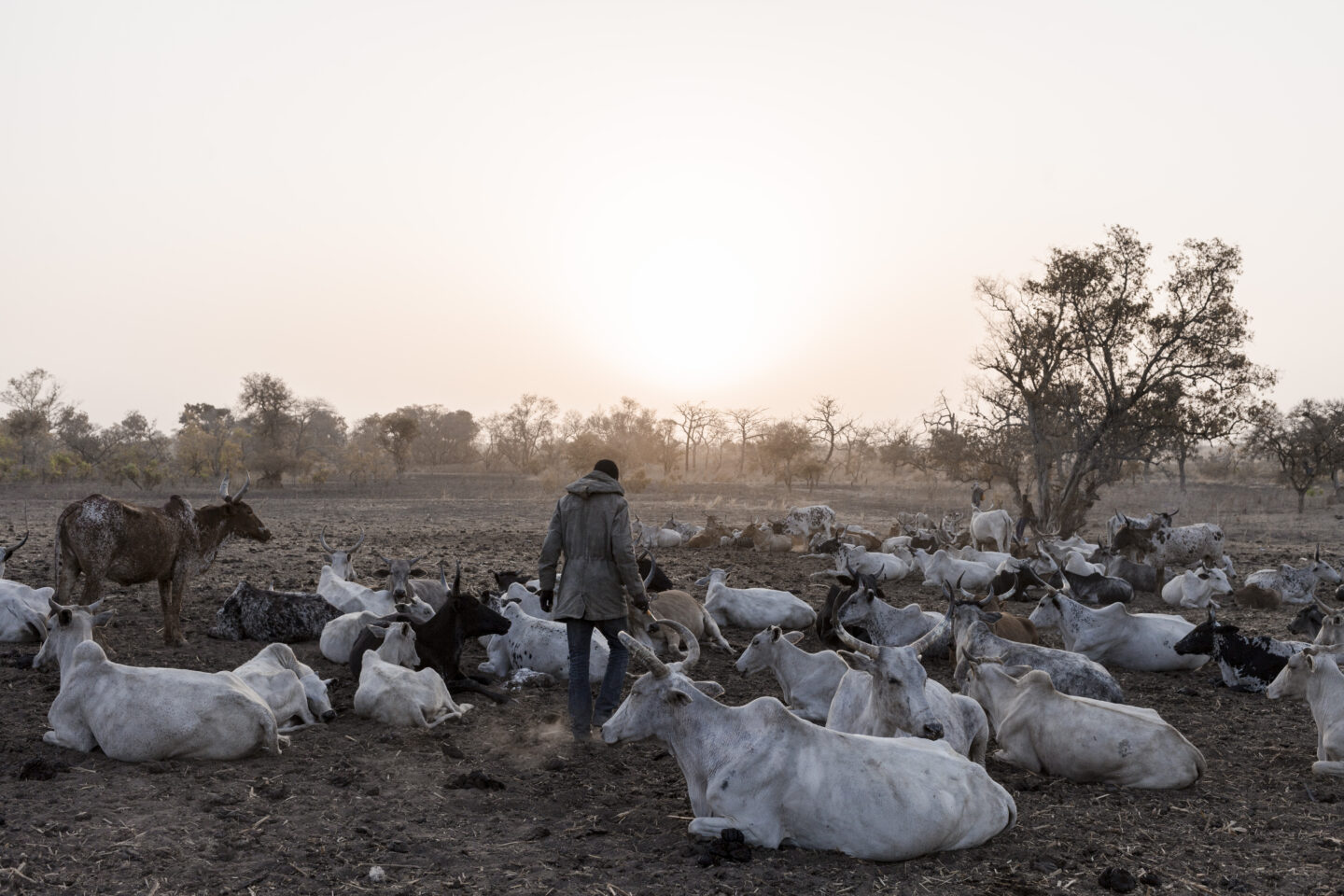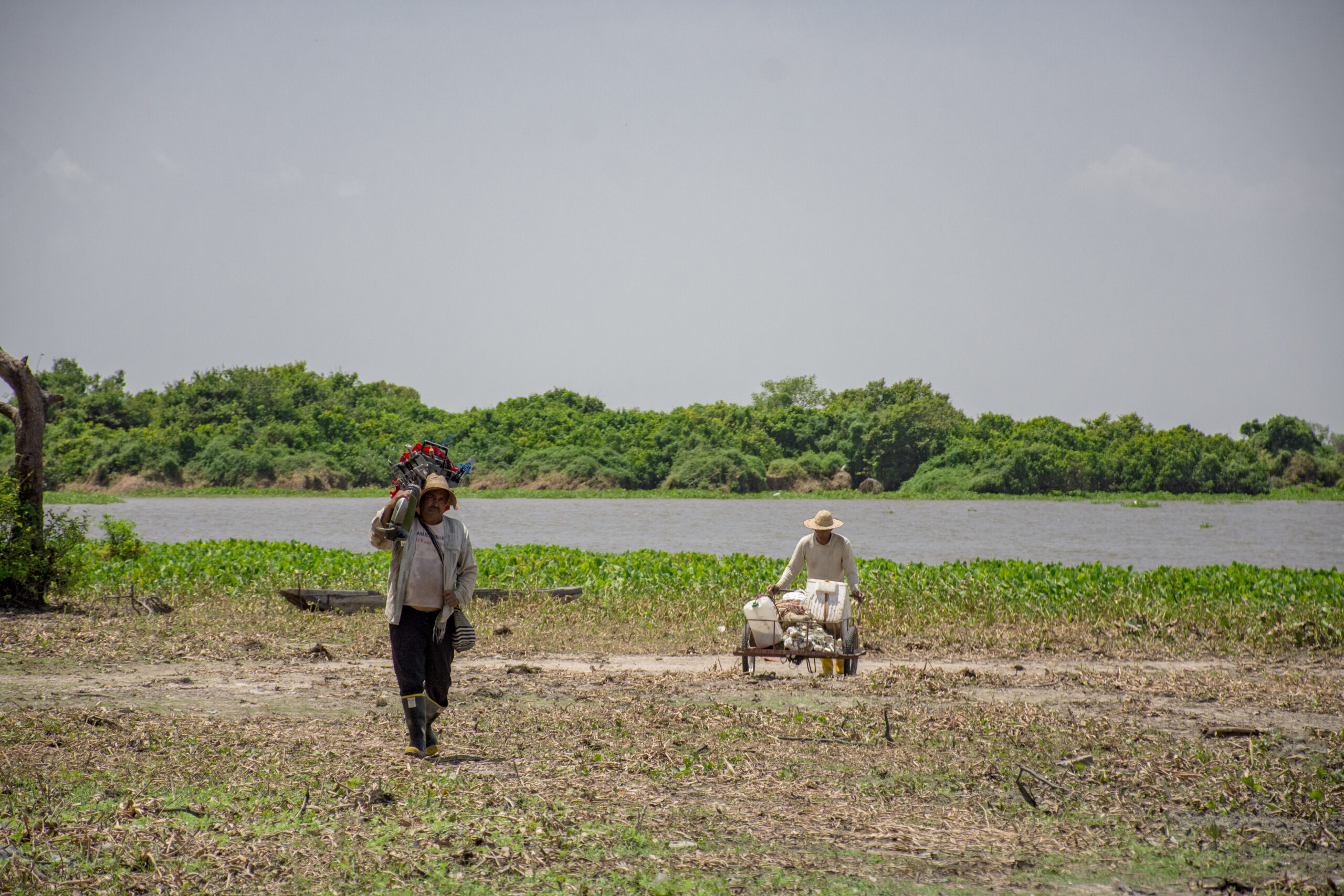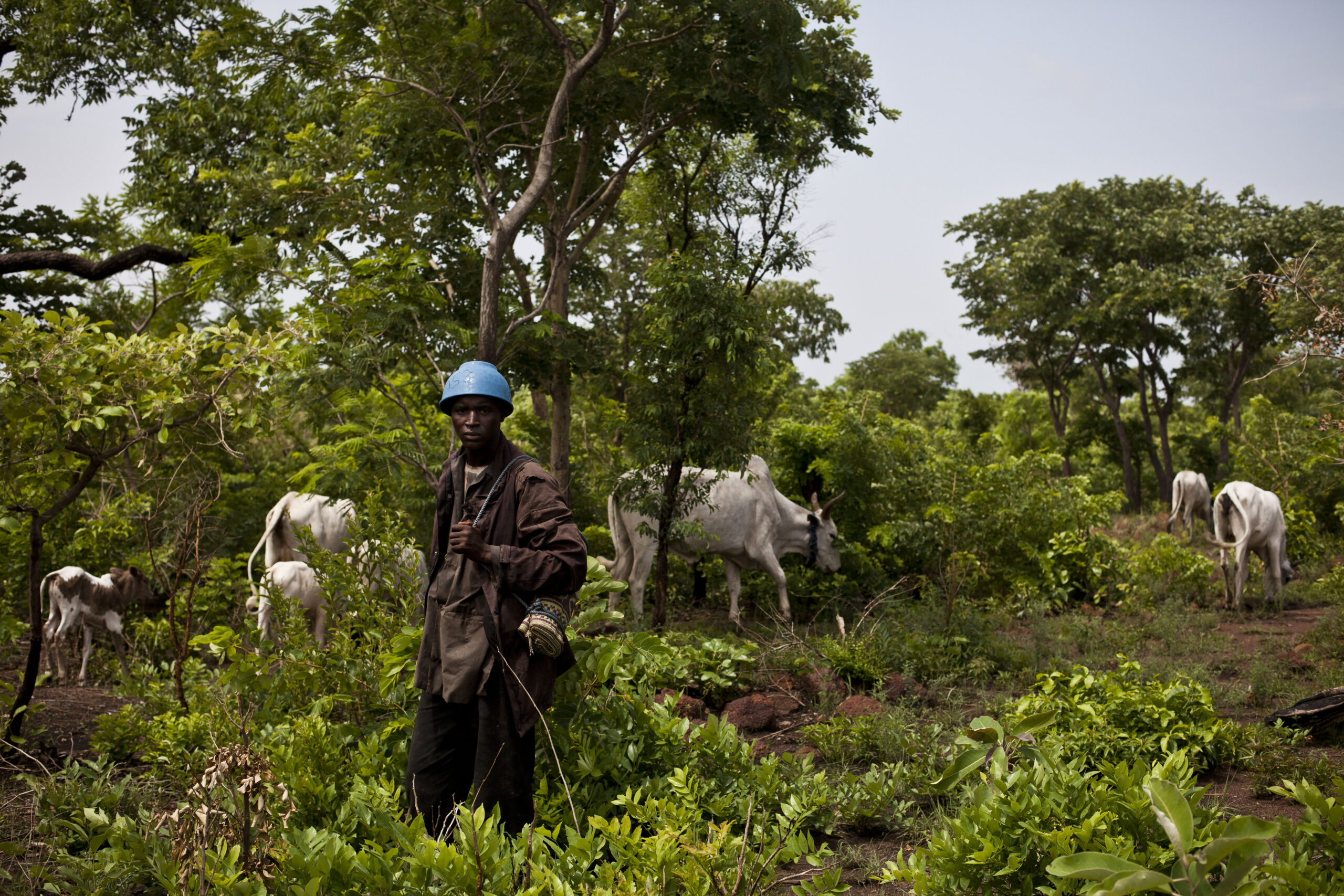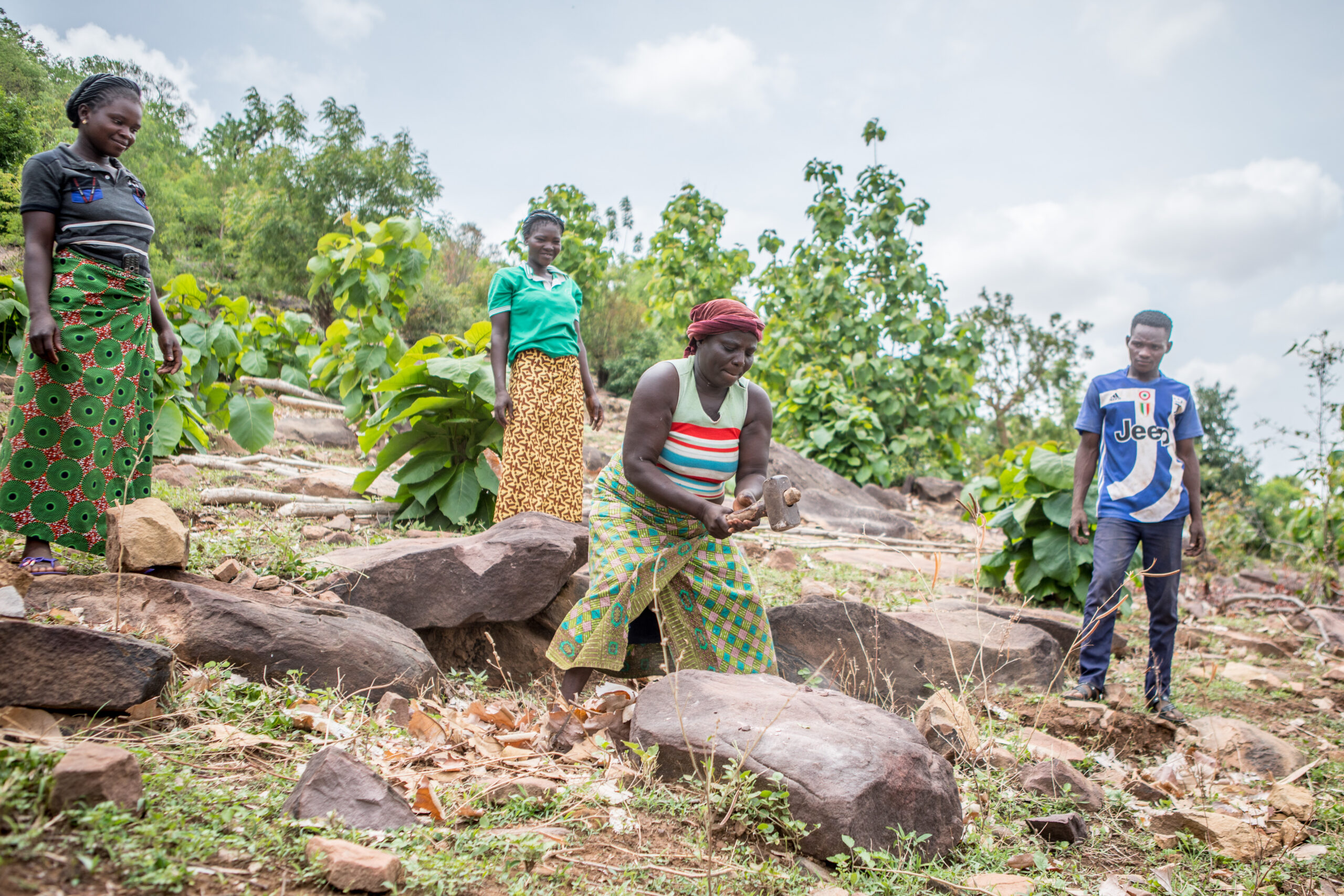To use the knowledge and expertise of our partners to anticipate, prevent and mitigate crises at local level.
Context
Livestock movements have changed considerably over the course of 2023. Mainly as a result of the deteriorating security situation throughout the region, particularly in Burkina Faso, and the closure of borders for security and health reasons in Benin and Togo.
Three major changes can be noted:
- The fall in the value of the Naira, combined with the closure of Benin’s borders, has led to major movements of livestock from east to west in Niger and Benin, via Togo to northern Ghana.
- Insecurity in eastern Burkina Faso prompted herding communities to move south to the coastal countries. But the closure of the borders with Benin and Togo made the border with Ghana the last possible option.
- Inter-community tensions in the Bounkhani (Bouna) region of Côte d’Ivoire have resulted in herding communities being forced to flee their homes. Fleeing insecurity in western Burkina Faso, they crossed northern Côte d’Ivoire into the Upper West region of Ghana.
Ghana has, by default, become the ‘safe’ haven for pastoralists in the context of profound uncertainty in the surrounding countries. Without it, vulnerable communities would have nowhere to turn. All the signs are that an increasingly dangerous situation is brewing in northern Ghana which, if left unmanaged, will exacerbate an already delicate situation between local communities and pastoralists. It is essential that communities in northern Ghana are prepared for the impact of this change. Firstly, in terms of providing resources and support for refugees. But also in terms of misperceptions of herders and the Fulani community.
The SAPSOC 3 project was designed with this in mind. Through the implementation of the Localised Analysis, Monitoring, Alert and Intervention System (AVAIL, Système d’Analyse, de Veille, d’Alerte et d’Intervention Localisés) it is possible to use the knowledge and expertise of our partners in the pastoral sector to anticipate, prevent and mitigate crises at local level.
The action
The SAPSOC 3 project aims to strengthen the capacity of targeted state actors and selected communities in the cross-border agro-pastoral territory between Burkina Faso and Ghana to respond to the threats of a multidimensional crisis: security, economic and social. More specifically, thanks to the action, local communities in the cross-border area are better prepared and have the tools to anticipate, manage and respond to crises at local level.
RECOPA and CLIP, our local partners in this project, already have knowledge and expertise concerning the pastoral sector in their respective territories. The AVAIL mechanism will structure and formalise this work. It will make it possible to carry out an analysis and draw conclusions to inform the decision-making process.
The SAPSOC 3 project will
- Misperceptions and misconceptions about cattle breeders and the Fulani community are being deconstructed. The aim is to strengthen social cohesion and prepare communities in the north for the arrival of the refugee herder communities.
- The collection of information and data is being formalised to feed an early warning system specifically targeting the pastoral sector.
- The analysis and dissemination of this information to key stakeholders is supported. This will facilitate the decision-making process.
- Competition for resources is reduced. Thanks to better access to water, the standard of living of populations vulnerable to the effects of insecurity is improved.
Key indicators and impacts of the SAPSOC 3 project
- 10 informed debates
- 200 identity cards distributed to farmers
- 50 community watch relays
- 14 spaces for dialogue
- 4 water points built
- 6 half-yearly meetings and/or ad hoc meetings in emergency situations
- 4 cross-border meetings
- 2 communication tools on the pastoral situation
- 2 technical steering committees established
- Use of 2 local intervention funds



